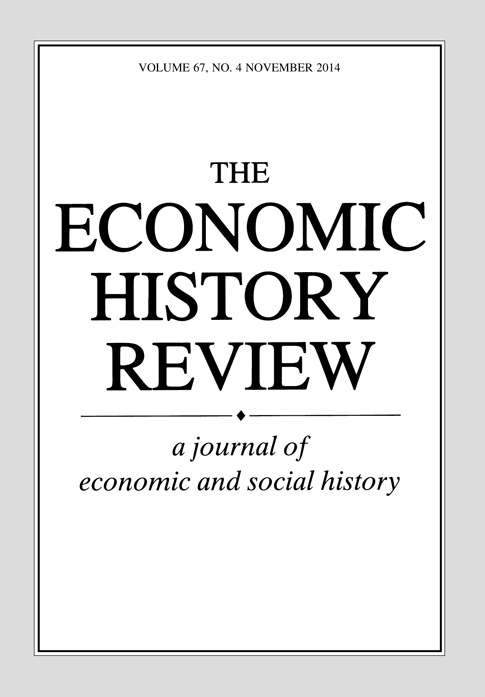Settler skills and colonial development: the Huguenot wine-makers in eighteenth-century Dutch South Africa†
Abstract
The institutional literature emphasizes local conditions in explaining divergent colonial development. We posit that this view can be enriched by an important supply-side cause: the skills with which the settlers arrive. The Huguenots who arrived at the Cape Colony in 1688/9, we argue, possessed skills different from those of the incumbent farmers, and this enabled them to become more productive wine-makers. We demonstrate this by showing that this difference is explained by none of the standard factors of production, nor by any institutional differences between the French and the Dutch. We observe that a group of Huguenot descendants from wine-producing regions maintained their advantage in wine-making at the Cape over several generations. This disparity cannot be satisfactorily explained as resulting from first-mover advantage or social capital. Specialized skills gave the Huguenots from wine-producing regions a sustained competitive advantage. Our results show that colonial institutions are shaped not only by whether immigrants settle or not, which legal system they adopt, or their language, religion, or beliefs, but by the set of skills, knowledge, and experience brought from their country of origin. As such, cross-country comparisons may blur much of the detail when we analyse the effect that settlers have on the destination country.




